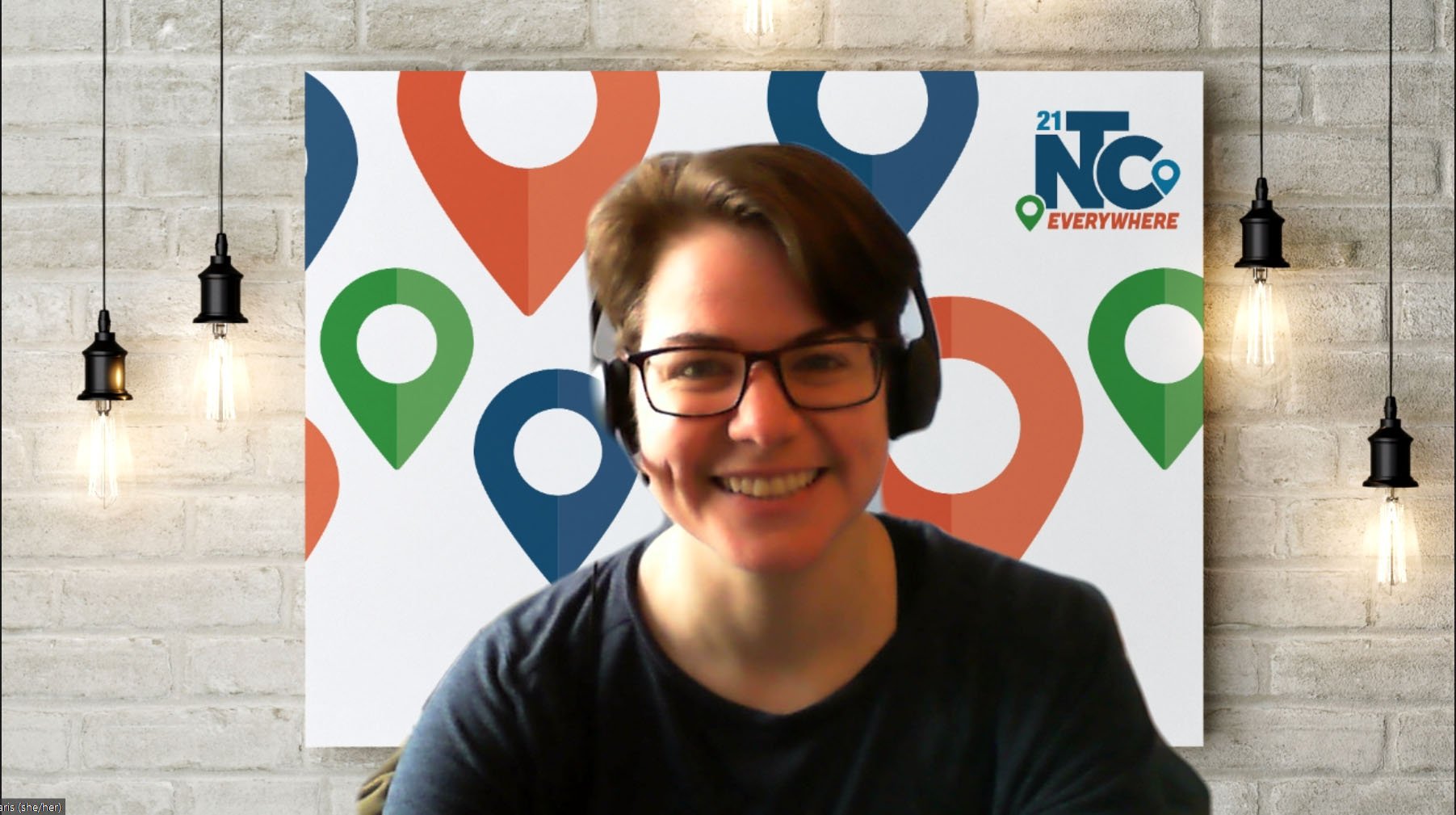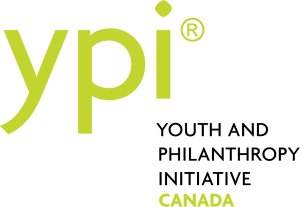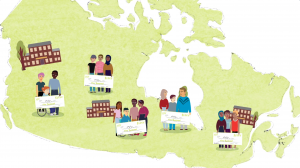One of the biggest highlights of my job as the technology leader for my charity, is attending the annual Nonprofit Technology Conference, as an opportunity to learn, get inspired and commune with likeminded professionals from around the world who are committed to using tech for good. Though this year’s conference was virtual, the feeling of community was no less potent, and this year’s call to action was clear – tech is not value neutral, and without principled intervention by and for human beings, it will continue to be a tool of oppression. That intervention is up to us.
As NTEN CEO Amy Sample-Ward phrased it, “Data is not neutral. Stories are not neutral. Our work is not neutral,” so we as nonprofits (and the people who work in them) cannot afford to be neutral. There has often been a pressure on charities and nonprofits to remain neutral, to avoid to avoid alienating donors and other stakeholders, or to avoid the risk of being perceived as politically partisan. But that’s not appropriate when simply existing is political for so many of our community members. The last year has exposed, viscerally, the gaps in our social safety net and who lacks adequate protection, not only in a crisis, but in the ways our society has been built. We may all be “in the same storm”, but racialized, disabled, trans, poor and undocumented people are drowning while others have piled into the lifeboats.
In her opening keynote, Ruha Benjamin pointed to the common binary imaginings of a digital future: the dystopic vision sold to us by Hollywood in which the robots take over, and the utopian vision peddled by Silicon Valley in which technology solves all the world’s problems. But each of these treats the direction of technological development as inevitable, when it isn’t. Like any other kind of tool, digital technology is built and shaped by people. And that direction can be guided in human-centric ways or it can be used as most innovations have so far, to serve capitalism and white supremacy.
“Everything was transformative but no one was transforming.”

It’s not difficult to find examples of the harmful effects of big tech and machine learning, from police surveillance programs using facial recognition AI, to medical algorithms deprioritizing poor and racialized communities for treatment. And it’s the communities we serve who are feeling those effects most directly.
As nonprofits and charities, then, allyship means leveraging the platform and the space that we have to document and lift the stories of these harms. But acknowledging that these stories are power (and for many charities, currency), we have to honour and carefully hold the stories we are trusted with. I was grateful to the speakers talking about community-centric fundraising, and the ethics of storytelling on behalf of vulnerable people.
These principles share much in common with the ethics of tech development, including prioritizing privacy, transparency and ownership of data – what is a personal narrative if not personal data. We must act with integrity, recognize power imbalances and stop falling back on the lie that some greater good justifies extractive or harmful practices within our organizations.
One of the messages that stuck with me came from this year’s NTEN Award winner Ken Montenegro, when he said about this kind of organizational reflection, “Everything was transformative but no one was transforming.” Doing better requires difficult, often painful, reflection on ourselves and on our work. But while that’s daunting work to imagine doing alone, I am energized and excited to be part of a professional community like NTEN that is committed to doing this work, together.

